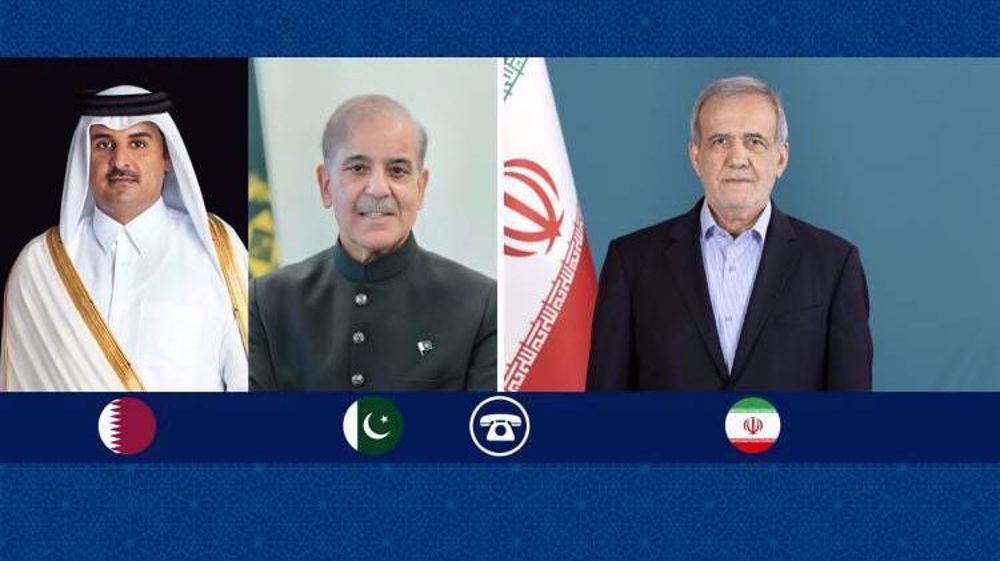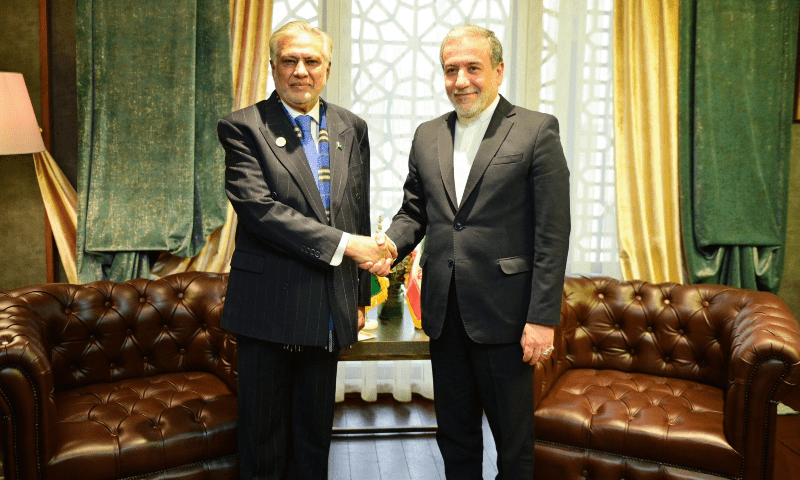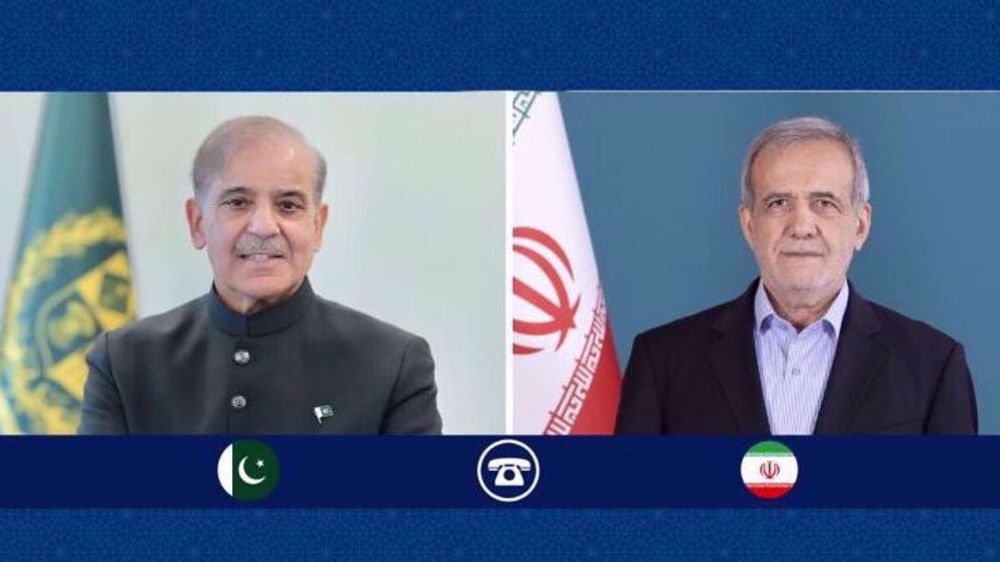Pakistan wields influence on Taliban: Official
A senior advisor to Pakistani prime minister says Islamabad exercises "some influence" over the Taliban militant group in neighboring Afghanistan.
"Pakistan has some influence on Taliban but it ha[s] no control over them. The international community has concerns about the Afghan issue and no world power wants war in Afghanistan," Sartaj Aziz told Pakistani media outlets.
He added that Pakistan favors the resumption of talks between the Afghan government and Taliban.
"It was up to the Afghan government to resume talks with the Taliban and our job is just of a facilitator," Aziz said.
In early October, Prime Minister Nawaz Sharif said that his administration is attempting to revive the so-called peace talks between the Afghan government and the Taliban militant group.
“We are now trying to resume the (peace) process and pray to God to crown our efforts with success,” Sharif said on October 10.
The Afghan Taliban leadership is believed to be based in the southwestern Pakistani city of Quetta.
Some media reports indicate that senior Pakistani civilian and military officials have been persuading the Taliban leadership in recent months to embark on peace talks with the US and the Afghan governments.

The first round of talks between a four-member delegation of the Afghan High Peace Council (HPC) and the Taliban took place in early July in the Pakistani city of Murree, north of the capital Islamabad. The parties agreed to meet again.
But a second round planned for July 18 was canceled owing to a power struggle within the militant group after the announcement of death of its former leader, Mullah Omar.
Senior Afghan officials blame elements inside the Pakistani spy agency Inter-Services Intelligence (ISI) for supporting the Taliban militants, while Islamabad blames the Afghan government for sheltering militants on its side of the border.
Pakistan was among three countries, along with Saudi Arabia and the United Arab Emirates, which recognized the Taliban regime in Afghanistan in the mid-1990s.
FM says Iran open to talks ensuring its legitimate rights and based on mutual respect
Rights groups in Australia call on authorities to arrest Israeli president
FIFA must strip US of 2026 World Cup hosting rights over Trump’s hawkish policies: Analyst
Iran Army slams EU’s blacklisting of IRGC as ‘shameful’, ‘irresponsible’
Iran considers armies of EU states as ‘terrorist organizations’: Security chief
Sharif University scholars condemn US foreign policy as illegal, destabilizing
Pezeshkian says Iran seeks no war, vows 'decisive' response to any attack
Iran ready for both war and dialogue, ‘will not accept dictation’: FM Araghchi










 This makes it easy to access the Press TV website
This makes it easy to access the Press TV website